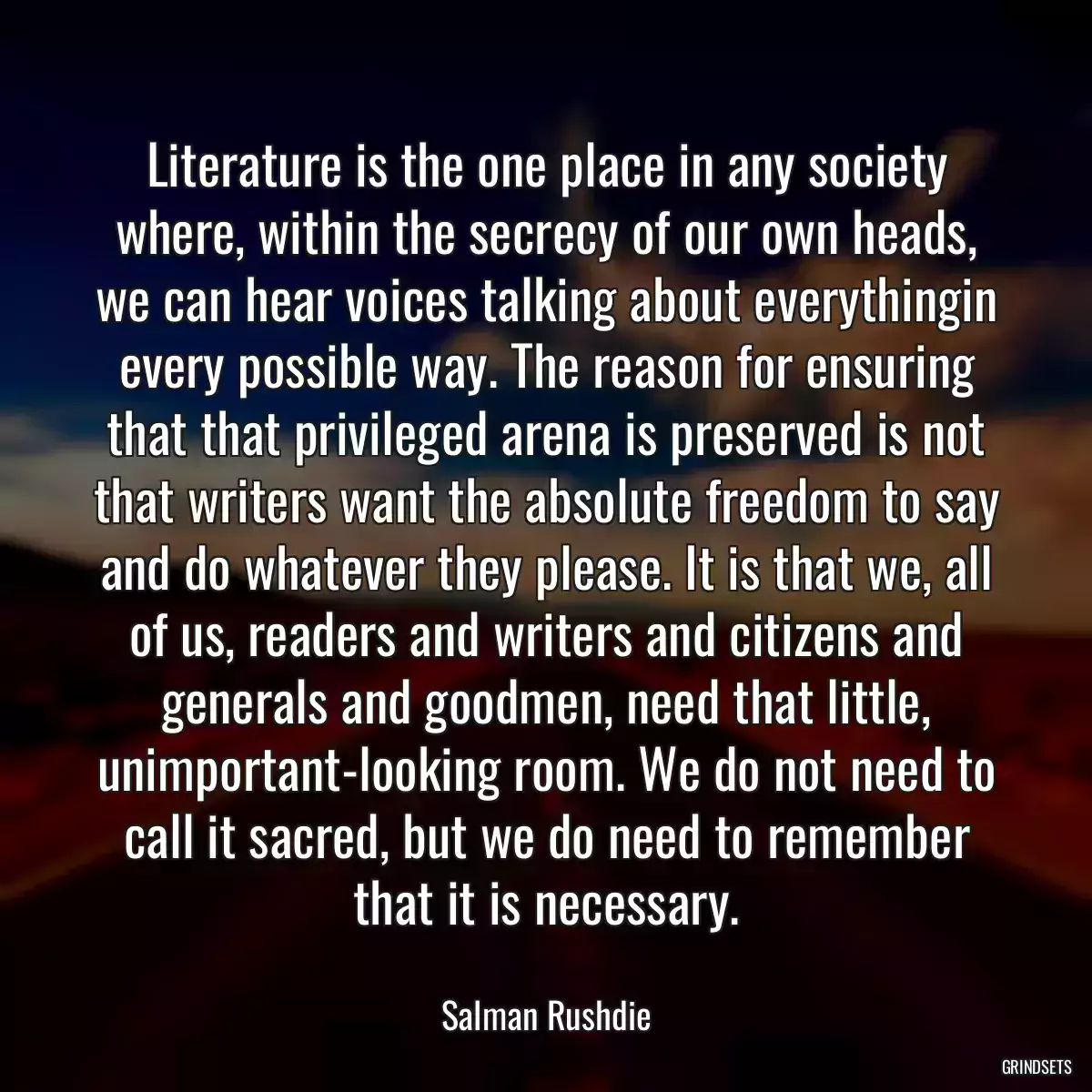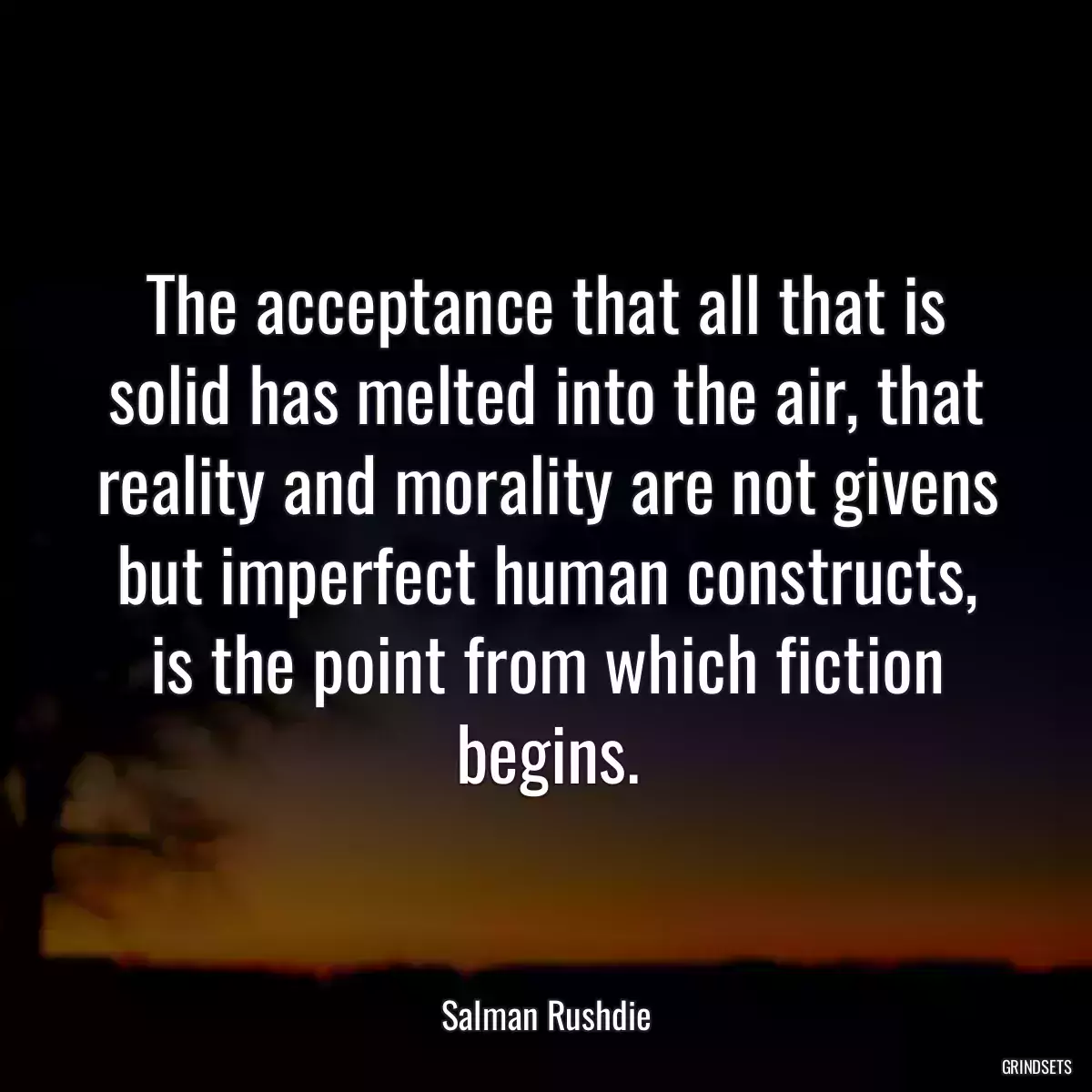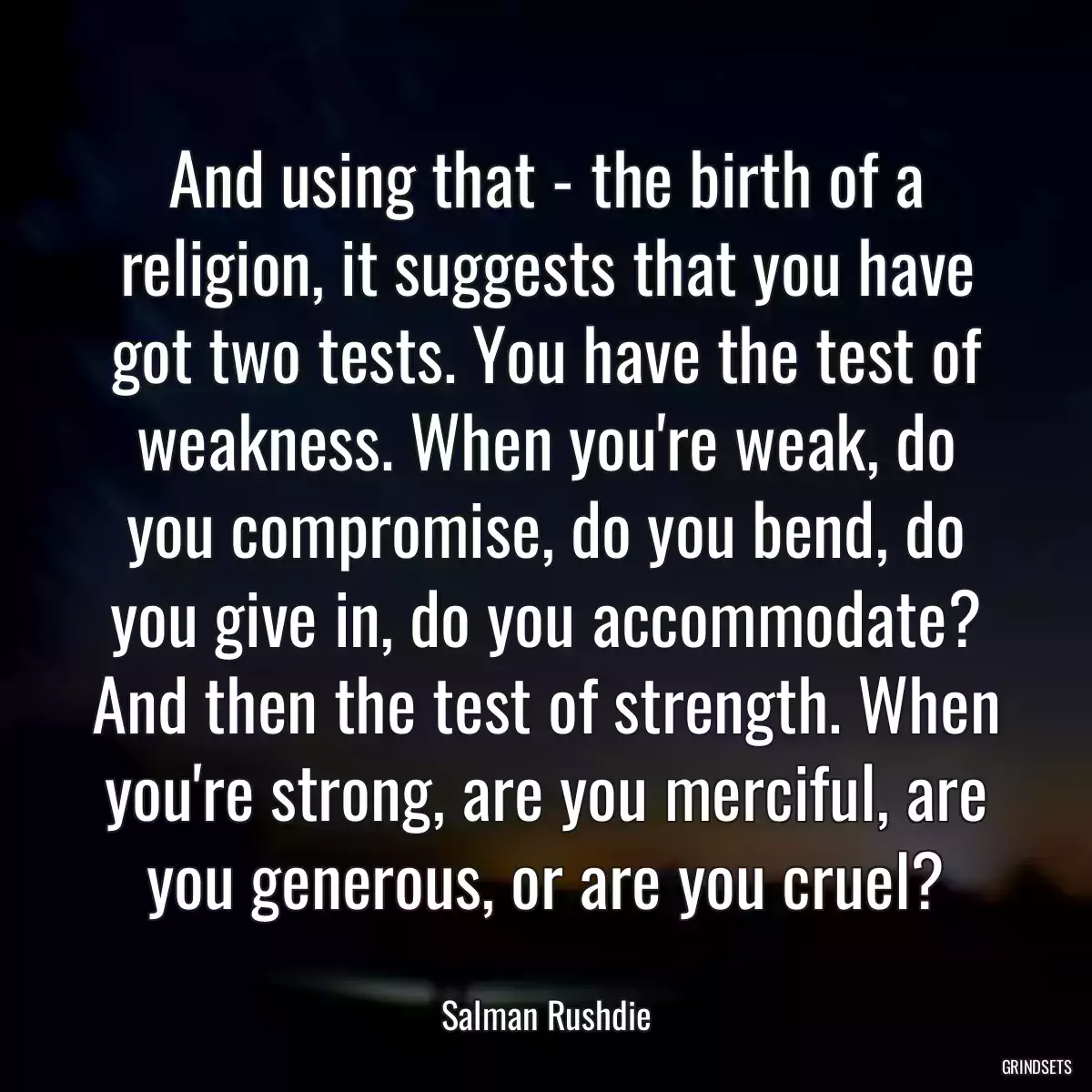
Literature is the one place in any society where, within the secrecy of our own heads, we can hear voices talking about everythingin every possible way. The reason for ensuring that that privileged arena is preserved is not that writers want the absolute freedom to say and do whatever they please. It is that we, all of us, readers and writers and citizens and generals and goodmen, need that little, unimportant-looking room. We do not need to call it sacred, but we do need to remember that it is necessary.

